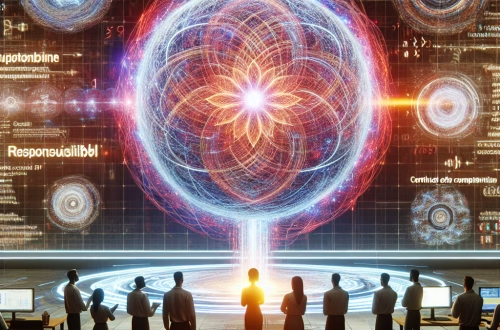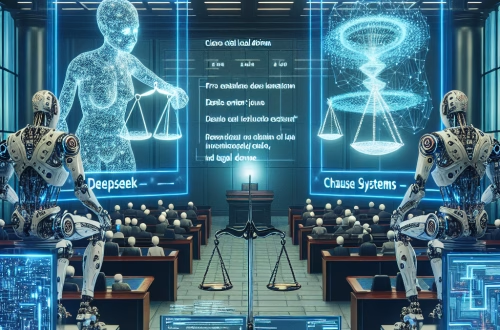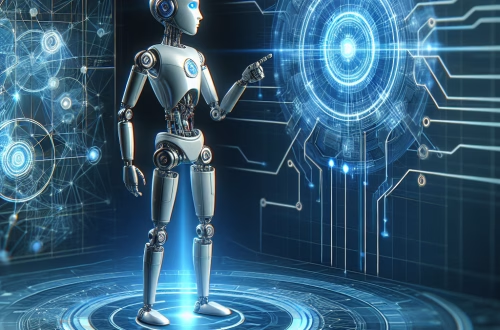ChatGPT for Citation and Reference Generation
Summary:
ChatGPT is an advanced AI model developed by OpenAI, designed to assist users in generating accurate citations and references across multiple academic styles, including APA, MLA, and Chicago. This tool simplifies the research process by automating the tedious task of formatting bibliographies, reducing human error, and ensuring compliance with academic standards. It is particularly useful for students, researchers, and professionals who need to streamline their workflows. By leveraging natural language processing, ChatGPT can parse sources and produce structured citations quickly. However, users should verify the output for accuracy, as AI-generated references may occasionally lack context or precision.
What This Means for You:
- Saves time on manual citation formatting: ChatGPT can generate citations in seconds, allowing you to focus on content creation rather than reference formatting. This is especially beneficial for large research projects with numerous sources.
- Reduces citation errors: By using ChatGPT, you can minimize common citation mistakes such as incorrect punctuation or missing fields. Always cross-check AI-generated citations with official style guides for accuracy.
- Supports multiple citation styles seamlessly: Whether your work requires APA, MLA, or Chicago style, ChatGPT can adapt its output to match your needs. Provide clear input (author, title, year) for the best results.
- Future outlook or warning: While ChatGPT is powerful, it may not always interpret incomplete or ambiguous source details correctly. As AI continues to improve, we may see better citation accuracy, but users should remain vigilant about verifying references before submission.
Explained: ChatGPT for Citation and Reference Generation
What Is ChatGPT’s Role in Citation Generation?
ChatGPT leverages large-scale language models to parse source information and generate citations in various academic styles. Unlike traditional reference generators, it can also contextualize data—such as pulling relevant details from a paragraph—and format them correctly. Its ability to recognize patterns in citation structures allows it to assist users quickly and efficiently.
Strengths of Using ChatGPT for References
- Speed: Automatically formats citations within seconds.
- Multilingual Support: Can process non-English sources when provided with accurate details.
- Style Flexibility: Adapts to different citation formats with minimal user intervention.
Weaknesses and Limitations
ChatGPT is not infallible; it may struggle with:
- Accurately interpreting incomplete source metadata (e.g., missing publication dates).
- Handling non-traditional sources like archival material or obscure journals.
- Ensuring legal accuracy for copyrighted works.
Best Practices for Effective Citation Generation
To maximize ChatGPT’s effectiveness, follow these guidelines:
- Provide as much source information as possible (author, title, year, publisher).
- Specify the required citation style clearly in your prompt.
- Cross-check generated citations against official style manuals (e.g., Purdue OWL).
People Also Ask About:
- Can ChatGPT generate citations for obscure academic sources?
While capable of processing standard references, ChatGPT may struggle with rare or niche publications unless supplied with sufficient metadata. Always verify uncommon sources manually. - Is ChatGPT’s citation feature free to use?
Current versions allow free usage with some limitations. Advanced features may require a subscription to OpenAI’s premium plans. - How accurate are AI-generated citations compared to manual entries?
Generally reliable but not perfect. Human review is necessary to ensure APA, MLA, or Chicago compliance. - Does ChatGPT support automated bibliography creation?
Yes, it can compile multiple citations into a bibliography when given structured input.
Expert Opinion:
AI-powered citation tools like ChatGPT are transforming academic workflows but should not replace critical thinking. While they help streamline referencing, users must verify results since formatting errors or misinterpretations can affect credibility. Institutions may implement stricter guidelines as AI adoption grows, emphasizing transparency in automated reference generation.
Extra Information:
- Purdue OWL Citation Guides – Essential for verifying AI-generated citations against official rules.
- OpenAI’s ChatGPT Updates – Stay informed on the latest improvements in citation features.
Related Key Terms:
- AI citation generator for academic writing
- How to use ChatGPT for MLA references
- Automated APA citation tool with ChatGPT
- Best practices for AI-generated bibliographies
- ChatGPT citation accuracy for research papers
Check out our AI Model Comparison Tool here: AI Model Comparison Tool
#Boost #Research #Workflow #ChatGPT #Accurate #Citation #Reference #Generation
*Featured image provided by Dall-E 3





